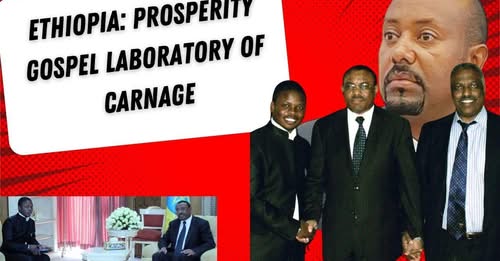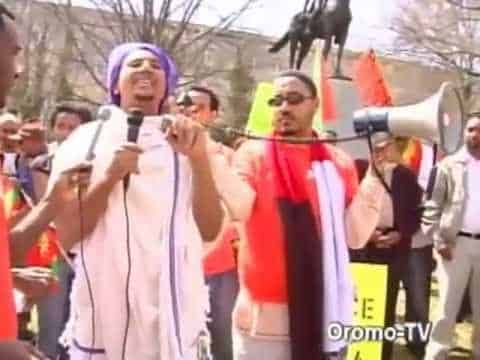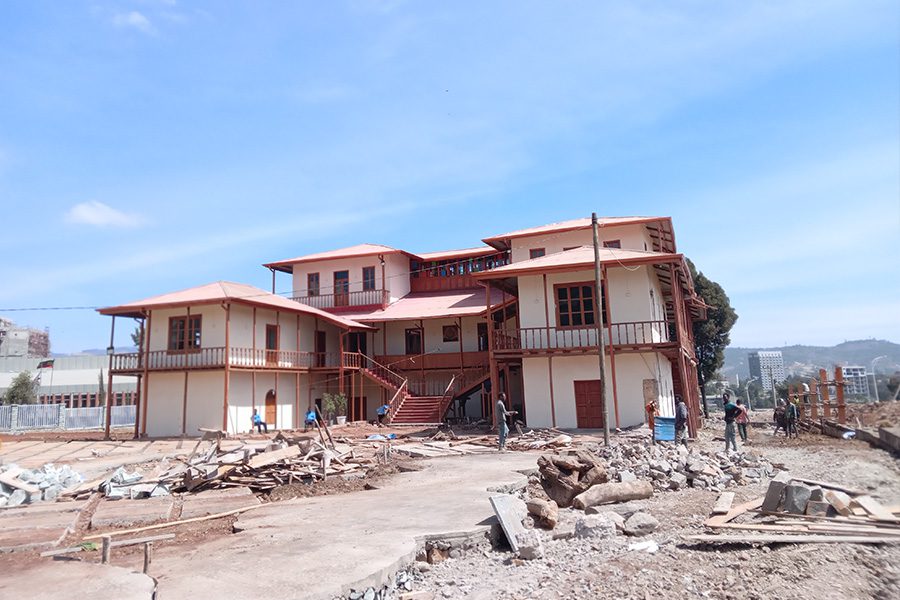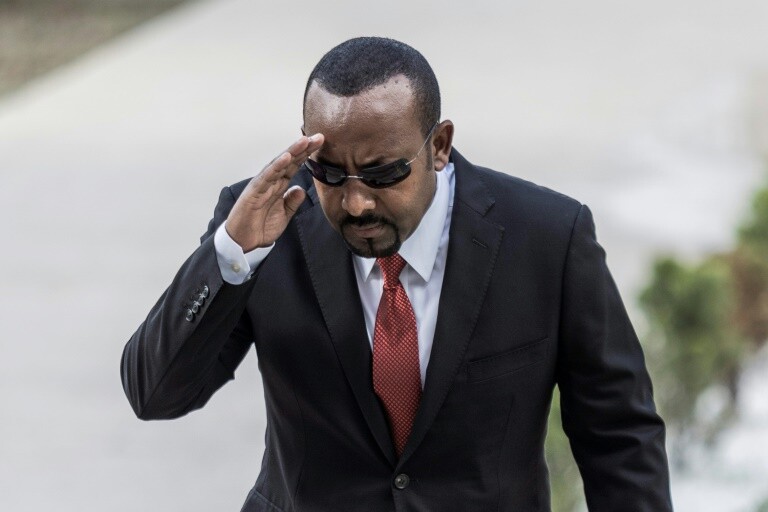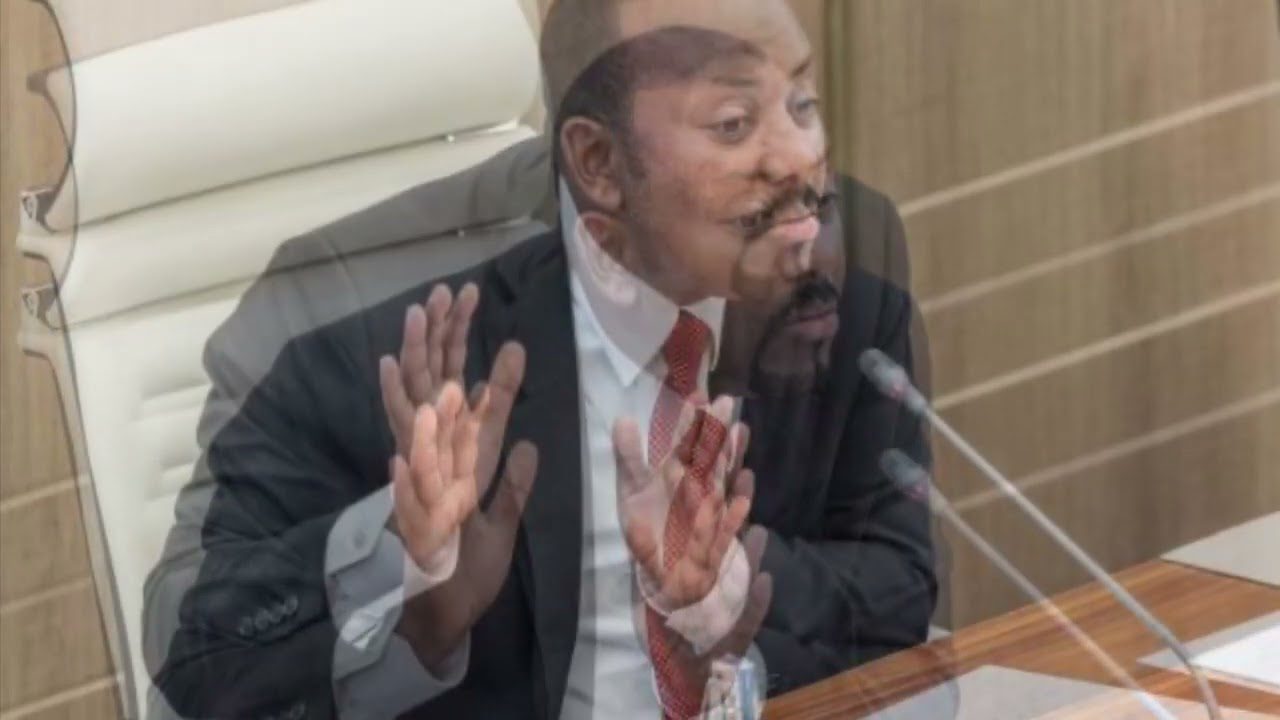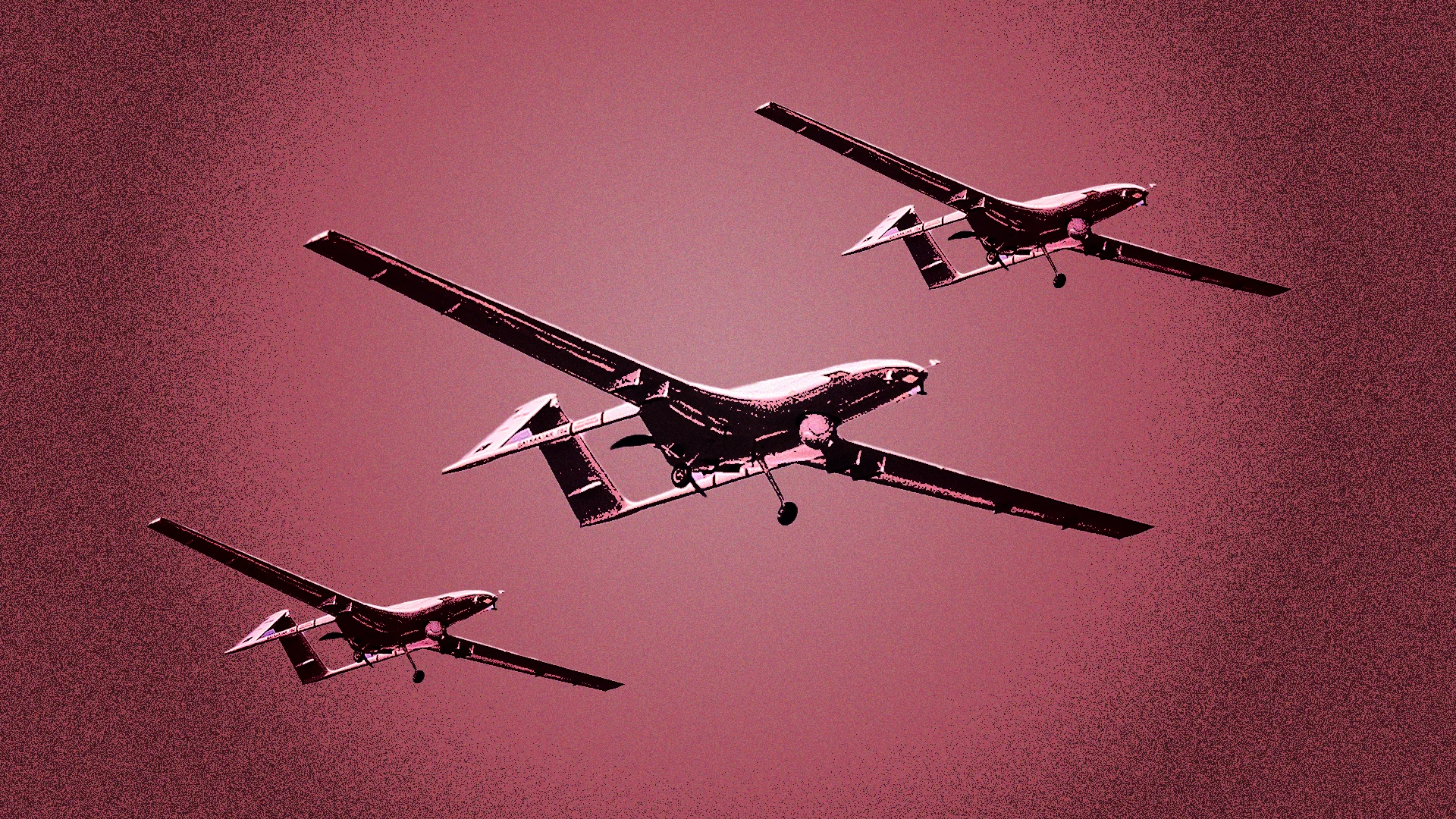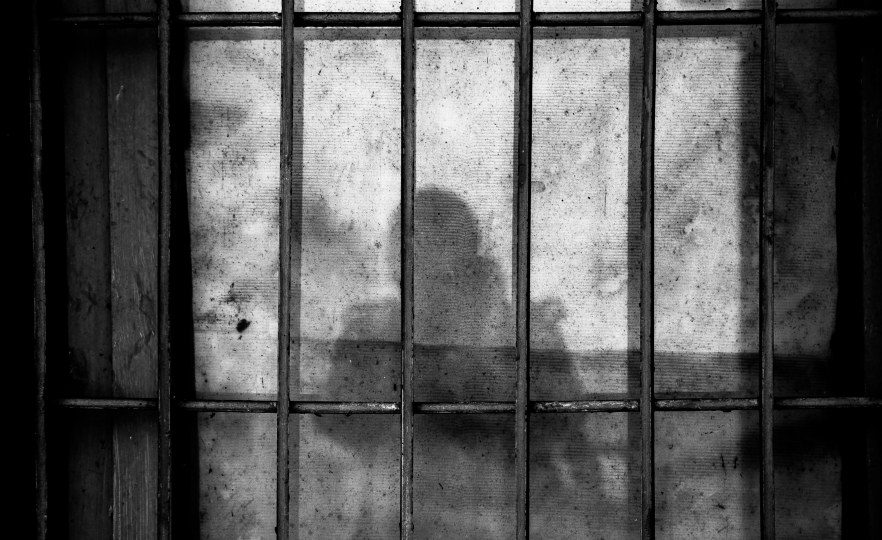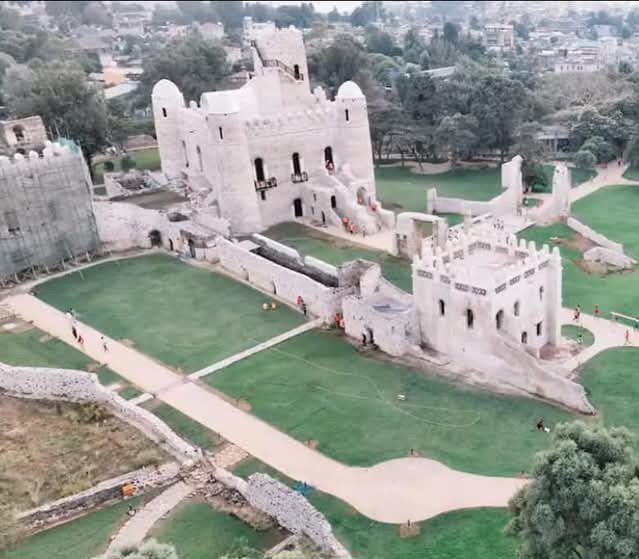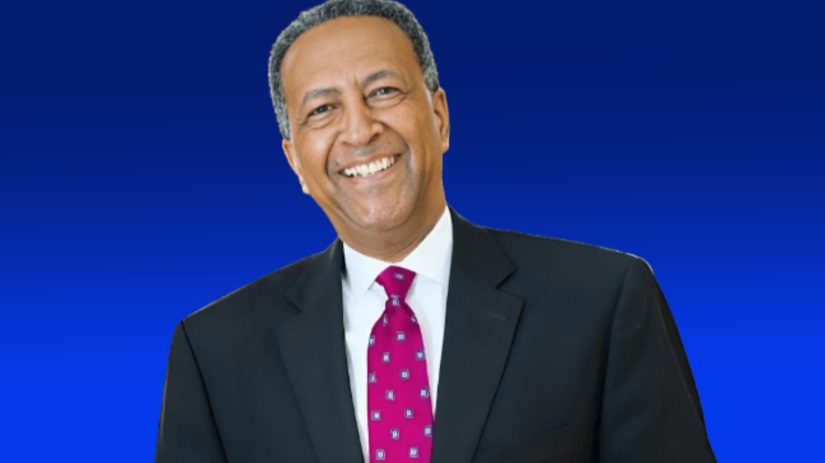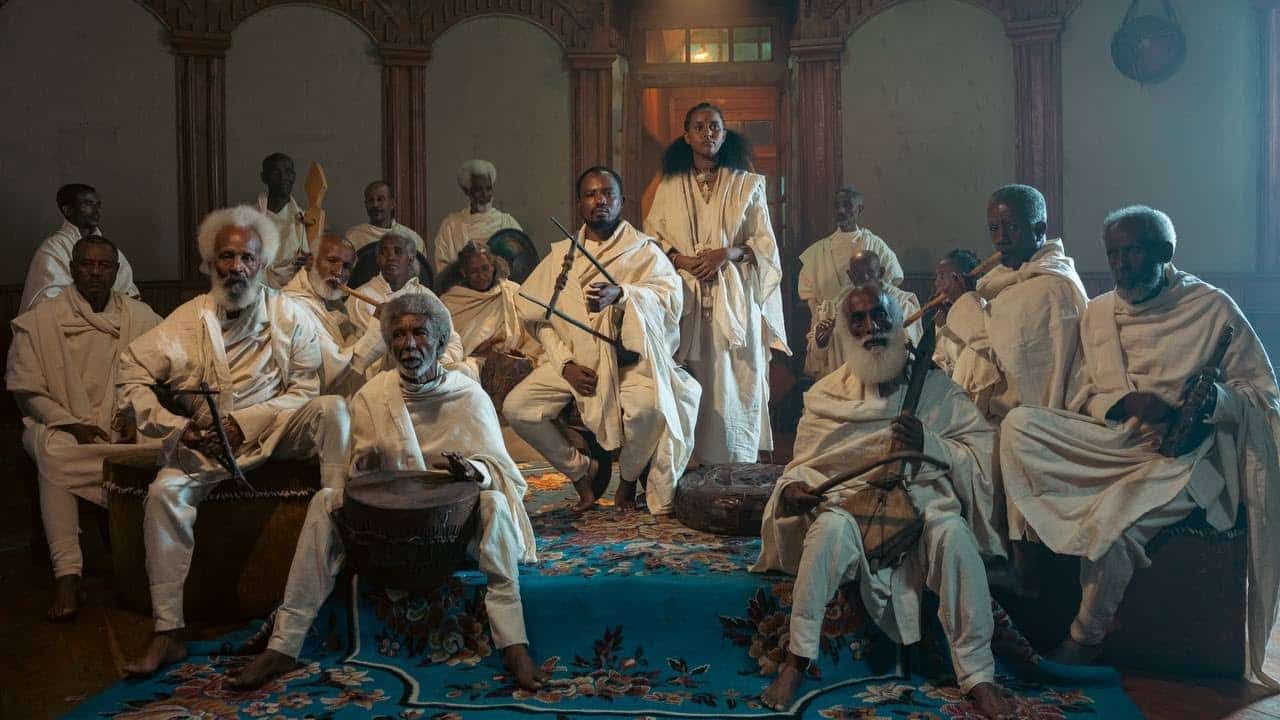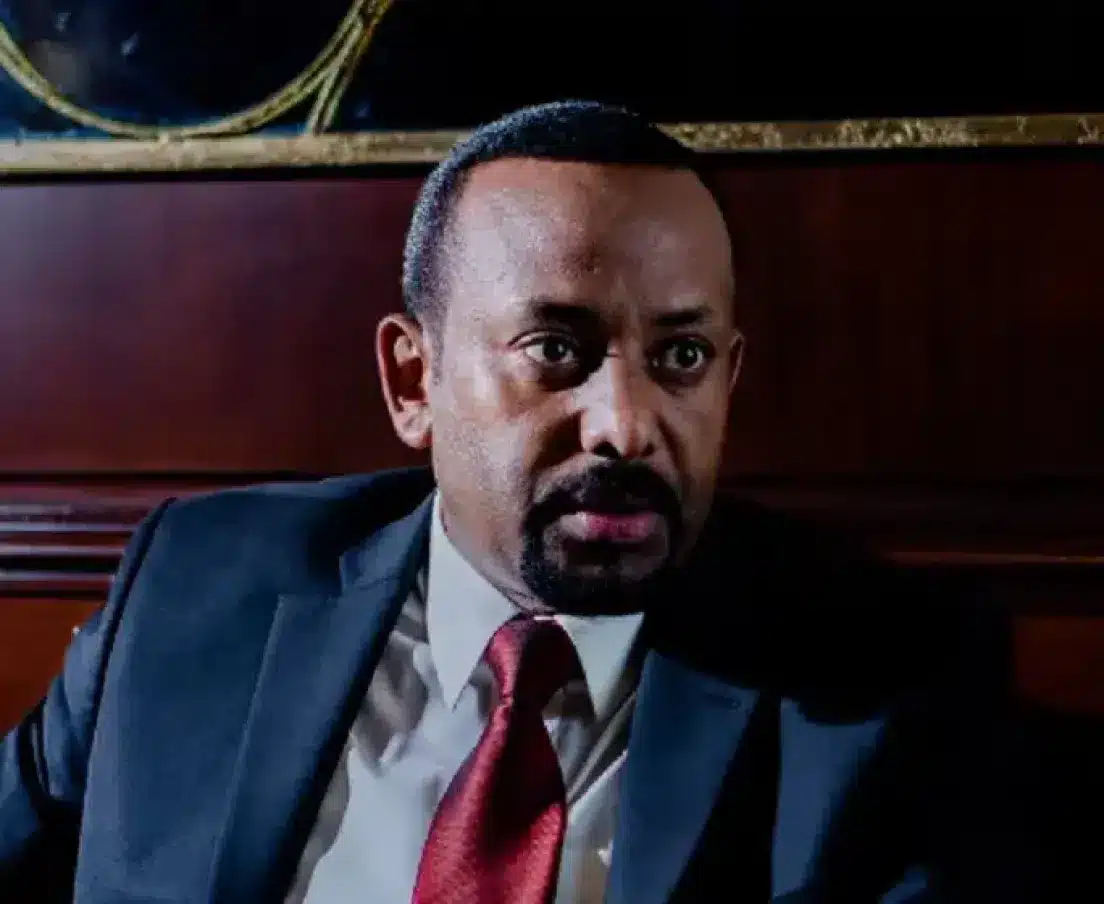Ethiopian People’s Revolutionary Democratic Front secures 499 out of 547 seats, with allied parties winning a further 35
Ethiopia’s ruling party and its allies won 99.6% of parliamentary seats in Sunday’s election, according to preliminary results, raising serious questions over the country’s democratic direction.
The Ethiopian national electoral board announced today that the Ethiopian People’s Revolutionary Democratic Front (EPRDF) – the party of the prime minister, Meles Zenawi – had secured 499 out of the 547 seats, with allied parties winning a further 35.
Opposition candidates won just two seats. Results from 11 constituencies are still outstanding.
The result is a significant reversal of the 2005 poll, when the opposition made large gains despite questions over the fairness of the vote.
The subsequent imprisonment or exile of opposition leaders, coupled with a curb on basic freedoms, meant Sunday’s triumph for the ruling party, though not its scale, had been expected.
The victory means Meles will have been in power in Africa’s second-most populous country for almost 25 years by the time of the next election.
Addressing a crowd of tens of thousands from behind a bulletproof screen in the capital, Addis Ababa, he warned that opposition protests of the sort that saw 200 people killed – mostly by security forces – after the 2005 election would not be tolerated.
Meles vowed to work with the opposition on “matters of national concern” and asked foreign countries, which give Ethiopia more than £1bn a year in aid despite concerns over its poor human rights record, to accept the result. “The people’s vote will not be overturned by foreign forces,” he said.
But the US state department today said the election did not meet international standards, and the EU mission also qualified its opinion.
Its chief observer, Thijs Berman, said that, while the vote was peaceful and well-organised, he was concerned about the “sheer volume and consistency” of reports of intimidation and harassment in the lead-up.
He also criticised the use of state funds in the EPRDF campaign, saying: “Everyone was equal, but some were more equal than others.”
Berman added that while these shortcomings may not have affected the overall outcome, there would be widespread scepticism over the extent of Meles’s victory. In 2005, the EPRDF and its allies won 327 seats.
The economy has grown since then, and services such as health and education have been extended, which would have won Meles some new support.
A lack of organisation and coherent policy proposals among the opposition – including the Medrek coalition, which had been expected to provide the strongest challenge – also played into the government’s hands.
At the same time, however, Meles’s clampdown on dissent – particularly in the media, among civil society groups and from opposition politicians – has caused widespread discontent, especially in urban centres.
The ethnic nature of Ethiopian politics also means there will be always be a significant amount of inherent opposition to the EPRDF, which is dominated by the prime minister’s Tigray ethnic group, which accounts for just 6% of the 80 million population.
The results portray an alternate reality. Five years ago, the main opposition coalition swept the seats in Addis Ababa, but this time Medrek on managed to win a single seat there, and none in the rest of the country.
The only other seat won by a government opponent went to an independent. The Medrek leader, Merera Gudina, described the 2010 result as “completely fraudulent”, adding that the coalition was considering its response.

